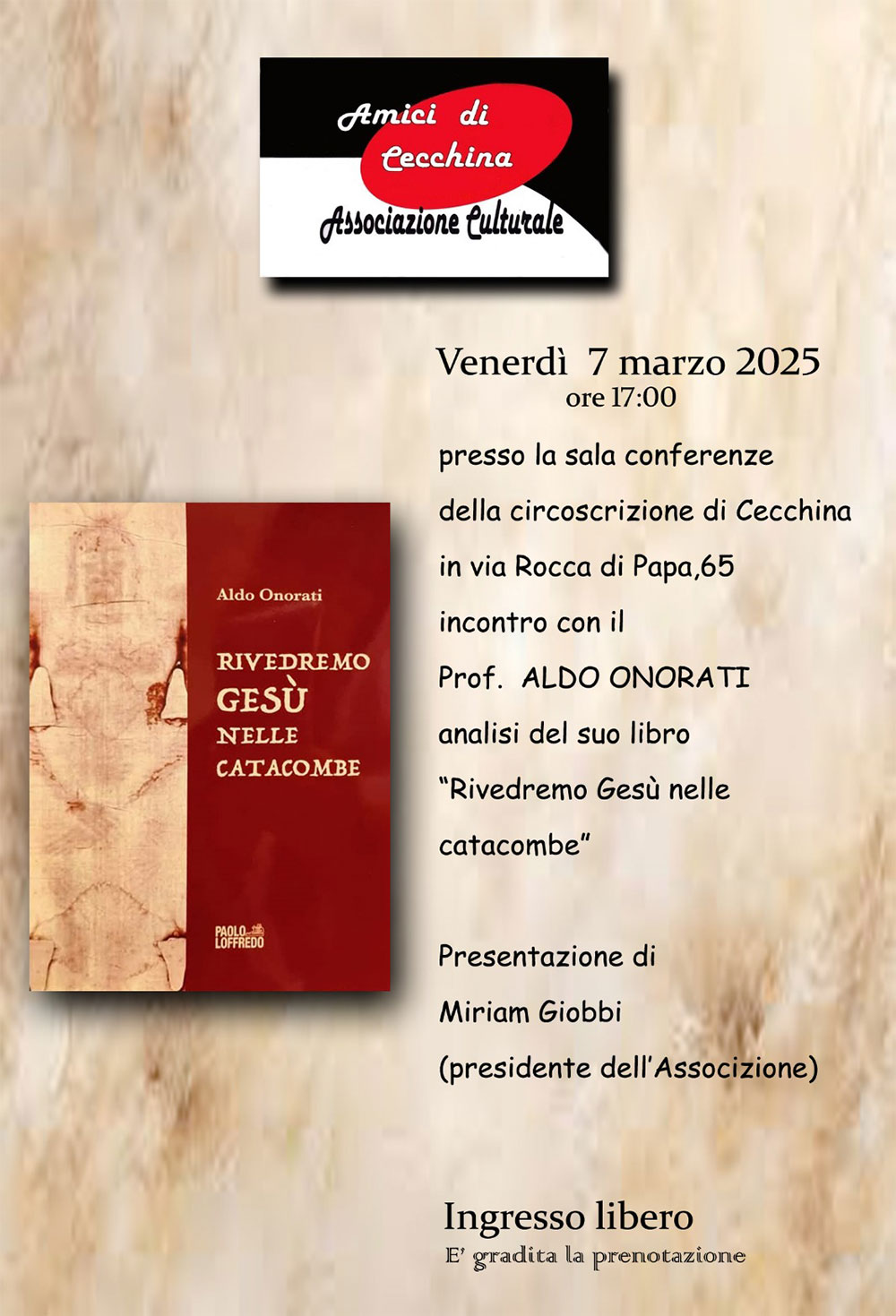 Paolo Loffredo, sixth generation of a large family of publishers and booksellers engaged in the production and distribution of books since the late nineteenth century, creates in 2012 the new editorial company Paolo Loffredo Editore. The historical site was until the '80s in the heart of the historic centre of Naples in Via San Biagio dei Librai, lower Decumano and also known as the SpaccaNapoli.
Paolo Loffredo, sixth generation of a large family of publishers and booksellers engaged in the production and distribution of books since the late nineteenth century, creates in 2012 the new editorial company Paolo Loffredo Editore. The historical site was until the '80s in the heart of the historic centre of Naples in Via San Biagio dei Librai, lower Decumano and also known as the SpaccaNapoli.
At the beginning of the twentieth century, Giuseppe Loffredo decided to add book selling to the book production, which definitively imposed itself after World War II with the publication of manuals for the University and for the School that succeeded in establishing themselves soon throughout Italy.
LAST EVENT
"Rivedremo Gesù nelle catacombe"
07 Marzo 2025 - Sala Conferenze circoscrizione di Cecchina - via Rocca di Papa 65, Albano Laziale (RM) - ore 17,00

Elegia “lieta”, elegia “triste”: poesia dell’esclusione
ISSN:
Language: Italian, Latin
Publisher: Paolo Loffredo Iniziative Editoriali Srl

Description
Elegia “lieta”, elegia “triste”: poesia dell’esclusione
The first part is an incursion into the Latin elegy augustea, with analysis of isolated textual specimens of a literary experience with unrepeatable psychological and existential implications; on it the contemporary critical spirit is condensed that develops high-level metaliterary themes; the Ovidian revolutionary strategy would have even provoked distortions. In the second, manifesto of the protest, witty deconstructionism of a false official and codina, one perceives the eternal transgressivism: with these slogans one could give a coordinating title to the Ovidian poetry tout court, to the last particular exilic production, which appears more and more a perennial and perennially mischievous challenge against the hypocrisies of a regime that, in exchange for a renewed peace, craved, consciences drunk. The elegiac poet before, epic sui generis then, glorifier of the splendor of Rome still afterwards, to which poetic format could he adhere, intent as he was not to abandon poetry? Could a man of Ovid's libertarian idleness and ideals yield to a courtlyly swamped poem resisting the irony demands that characterize his personality and his sphere of thought? Well, the poet relegated to an imperial edic-tum chooses to give continuity, albeit discontinuous, to that poem, condemned as the form of nequitia; the elegiac genus returns to the center of inspiration in a sort of Ringkomposition; the novelty is in the restitution of the lexicographical patrimony to its original destination, subtracted, in part, in turn, to the functionalization made by the authors of the elegile molles.



